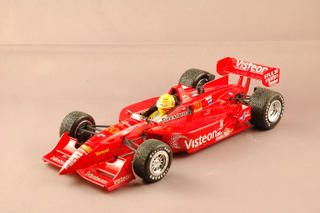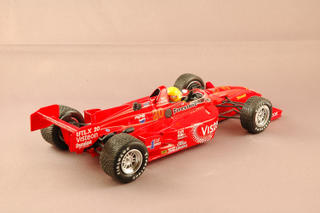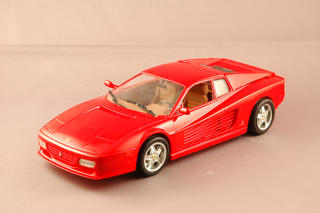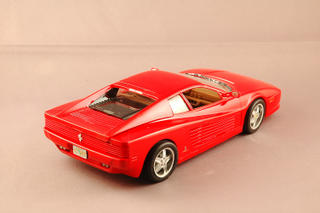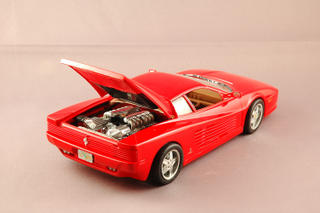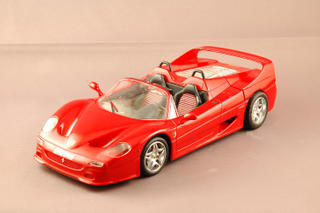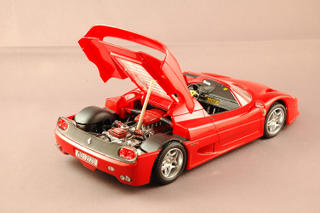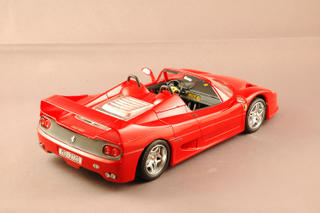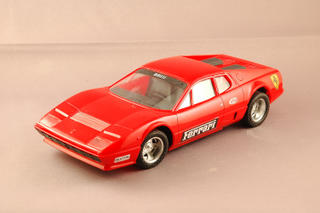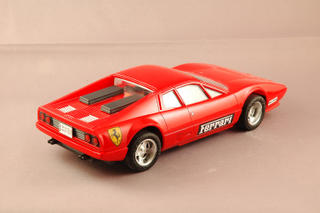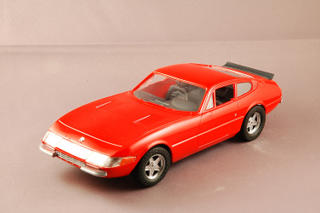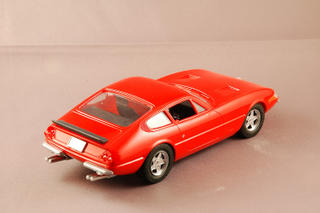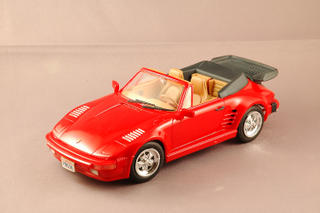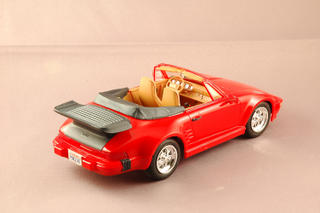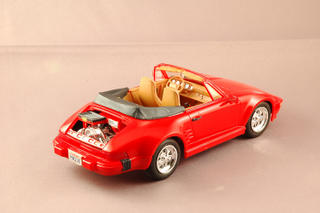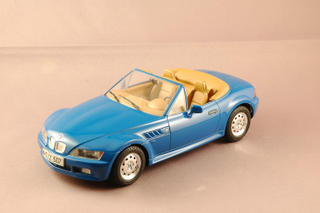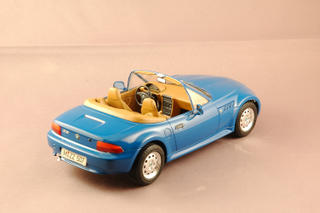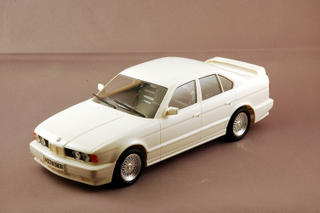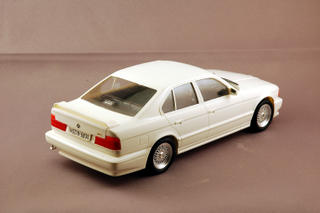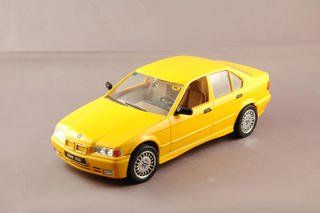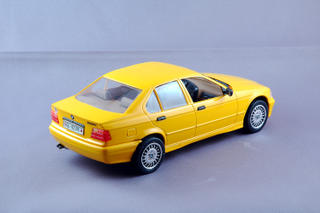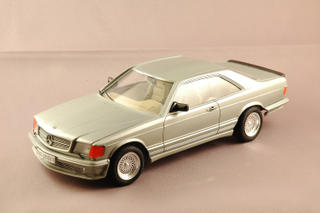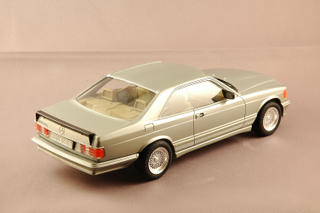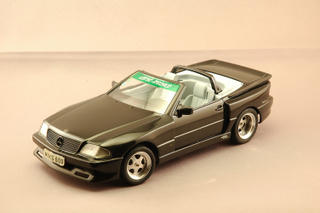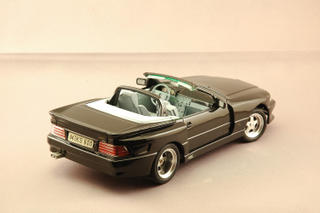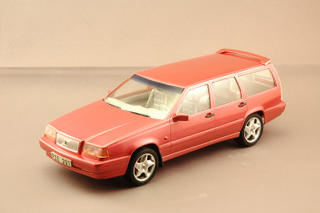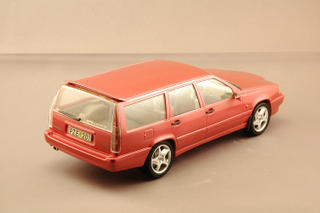Berlinetta Boxer is the name for a series of
cars produced by
Ferrari in
Italy between
1973 and
1984. They used a
mid-mounted flat-12 engine, replacing the
FR Daytona, and succeeded in the Ferrari stable by the
Testarossa.
Production of the BB was a major step for
Enzo Ferrari. He felt that a mid-engined road car would be too difficult for his buyers to handle, and it took many years for his engineers to convince him to adopt the layout. This attitude began to change as the marque lost its racing dominance in the late
1950s to mid-engined competitors. The mid-engined 4-, 6-, and 8-cylinder
Dino racing cars was the result, and Ferrari later allowed for the production Dino road cars to use the layout as well. The company also moved its V12 engines to the rear with its
P and LM racing cars, but the
Daytona was launched with its engine in front. It was not until
1971 that a mid-engined 12-cylinder road car would appear.
The 365 was updated as the 512BB in
1976, resuming the name of the earlier
Ferrari 512 racer. The engine was larger at 4942 cc, but horsepower was off to 340 hp largely as a result of lower redline. Torque was up to 45.7 kgm from 43 Kgm, largely as a result of larger displacement and a longer stroke.
Dry sump lubrication was used for a lower center of gravity. External differentiators included a new front spoiler, wider rear tires, added side air vents ducting air to the brakes, and four tail lights (rather than six). 929 512BBs were produced.
